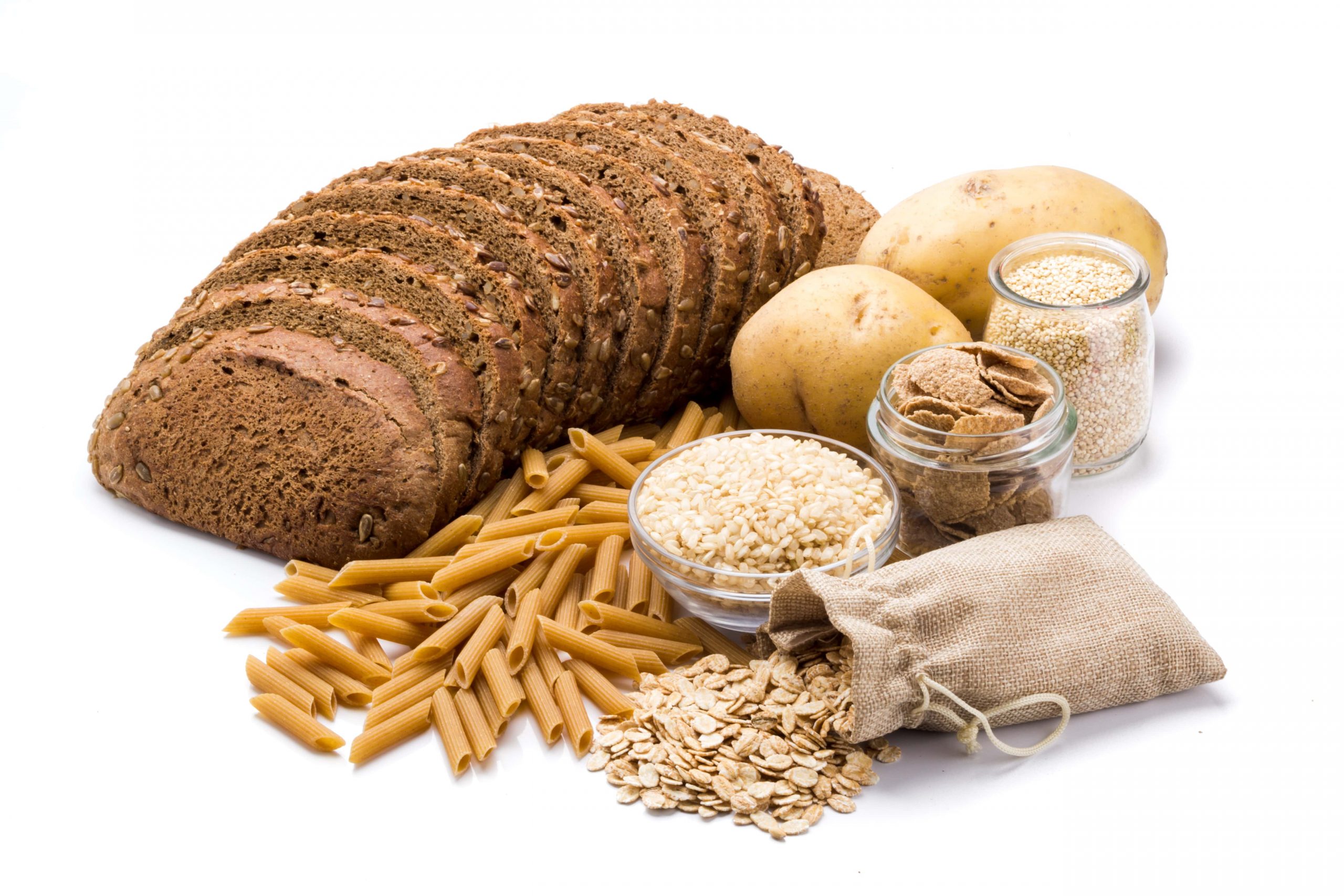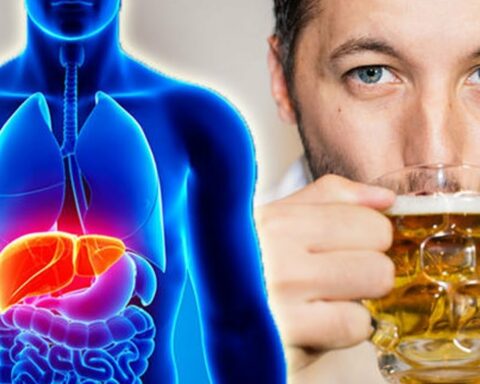Absorbed carbs play many important roles in your body. Your health depends on the nutrients found in the foods you consume, especially carbs.
Did you know that aportion of carbs you take is not digested?Fiber and sugar alcoholgoes directly into the intestines undigested. Net carbs are digested nutrients, such as glucose.The body requires 15-20 grams of carbohydrates daily. However, excess intake of carbs can lead to severe health problems. Therefore, it is important to identify low carb foods to avoid health issues. There are several sources of these carbs, such as honey, whole grains, seeds, fruits, and nuts.
The Importance of Net Carbs
Boosts Brain Functioning
Glucose is associated with quick learning and thinking capacity. The glucose level in learners fluctuates due to prolonged concentration when learning things thatrequire thinking and remembering.Carbohydrate is required to compensate and maintain optimum glucose for effective brain functioning. Most cases of poor performances among learners are associated with carbs deficiency. You might be pushing your children to improve their performances in vain. Some people have been conditioned to believe that poor performance is associated with the spiritual issues, which is not necessarily the case. Check on your diet to ensure that you get enough carbs daily.However, it is important to identify good carb foods to avoid excess intake of sugar that can result in severe health problems. Various foods rich in carbs can provide your brain with the required glucose, such as orange juice, vegetables, oats, quinoa,potatoes, sweet potatoes, nuts, chia seeds, and pumpkin seeds.
Build Muscle
Your muscles need to be powered to function well as you carry out daily activities.Glucose activates musclesafter every workout. When losing weight, the muscles need to be rebuiltusing glucose.When you consume carbs, the glucose component is converted into glycogenthat issued to provideenergy. This keepsthe body healthy for daily productivity. People who do not take enough carbs are prone to various health problems associated with weak muscles, such as headache, fatigue, fever, diarrhea, fainting, difficulty in speaking, memory loss, and blurred vision. Eating 15-20 grams of carbs in a day can help you to curb these symptomsthat may otherwiselead to high medical costs.Most foods rich in carbs are cheap, readily available, and easy to prepare.Avoid processed foods. It is impossible to identify food products with correct ingredients. Some labels do not reflect the ingredients.
Promotes Physiological Processes
The body must carry out all the physiological processes, which requires energy supply. Glucose is the energy source needed to initiate processes, such asheart rhythm, respiration, muscle relaxation and contraction, and body temperature regulation.Failure of a single process to occur can lead to serious health problems. For instance, lack of glucose to initiate muscle contraction and relaxation can lead to coma, a life-threatening condition.The body needs to stock enough glucose that can sustain all these processes.In general, 15-20 grams of carbs daily are enough to keep these processes active.However, excess intake may increase sugar levels that can affect the processes.Know how to differentiate between good and bad carbs foods.
Keeps Your Body Active for A Longer Time
Glucose delays the exhaustion feeling.Glycogen stocked in the muscles provides more energy to make the body strong.Sometimes it becomes challenging to meet workout targets, resulting inweak body muscles.Most athletes bank on carbs to acquire glycogen, keeping their muscles strong and delaying fatigue. Put your focus on a healthy diet and start concentrating much on carbs to add glycogen. They work more efficiently than commercial drugs with side effects, such as poor vision, heart disease, allergies, nausea, diarrhea, and pains.
Reduce The Risk of Heart Disease
Coping with heart disease is difficult, especially during covid pandemic. Excess glucose is stored in the liver as glycogenand later converted into fatty acids and distributed to different body parts.Fats protect the heart by lowering blood pressure and cholesterol level, fight inflammation, and prevent abnormal heart rhythms.Heart failure is a life-threatening condition that has claimed the lives of several people across the world. It is challenging and expensive to manage heart disease.However, you can protect yourself this risk by eating foods rich in carbs. Do not be misled by processed foods that lackessential carbs. Avoid fried, and baked foods, sugary foods, such as soda, coca-cola, Pepsi, ice cream, candy, and chocolatefor a healthy and better lifestyle.
Conclusion
A good diet improves health. Today, the environment is contaminated with several hazards that affect human health .Most pathogens have developed resistance to drugs prescribed to relieve their symptoms. However, a simple, balanced diet is all you need to protect yourself from severe diseases. For instance, diets rich in carbs can protect you from health problems, such as heart disease, diabetes, and diarrhea. Moreover, it boosts brain functioning and keeps your muscles strong and activated. Good sources of carbs include tubers, whole grains, seeds, nuts, vegetables, and legumes.
- Bell Peppers 101: Nutrition Facts and Health Benefits - April 19, 2024
- Products That Assist with Stress Relief - September 21, 2023
- TRÈFLE – THE ROAD TO THE 15TH - July 29, 2023









